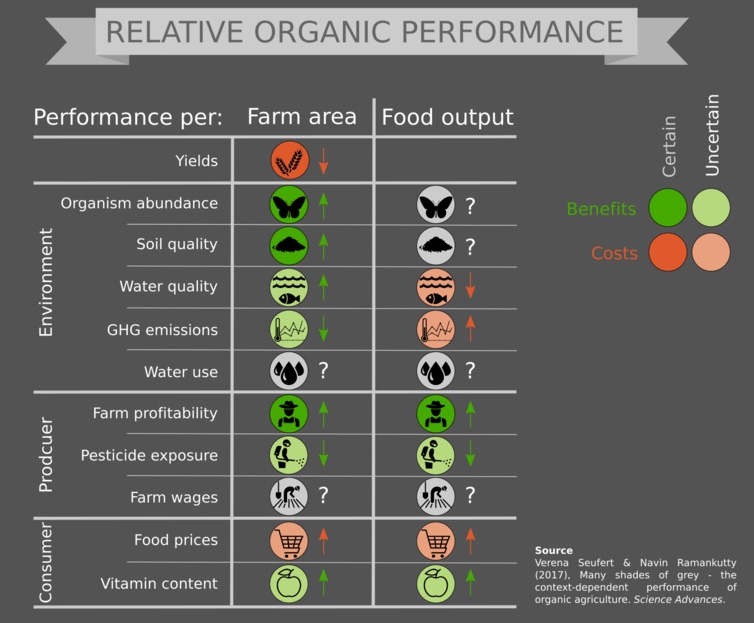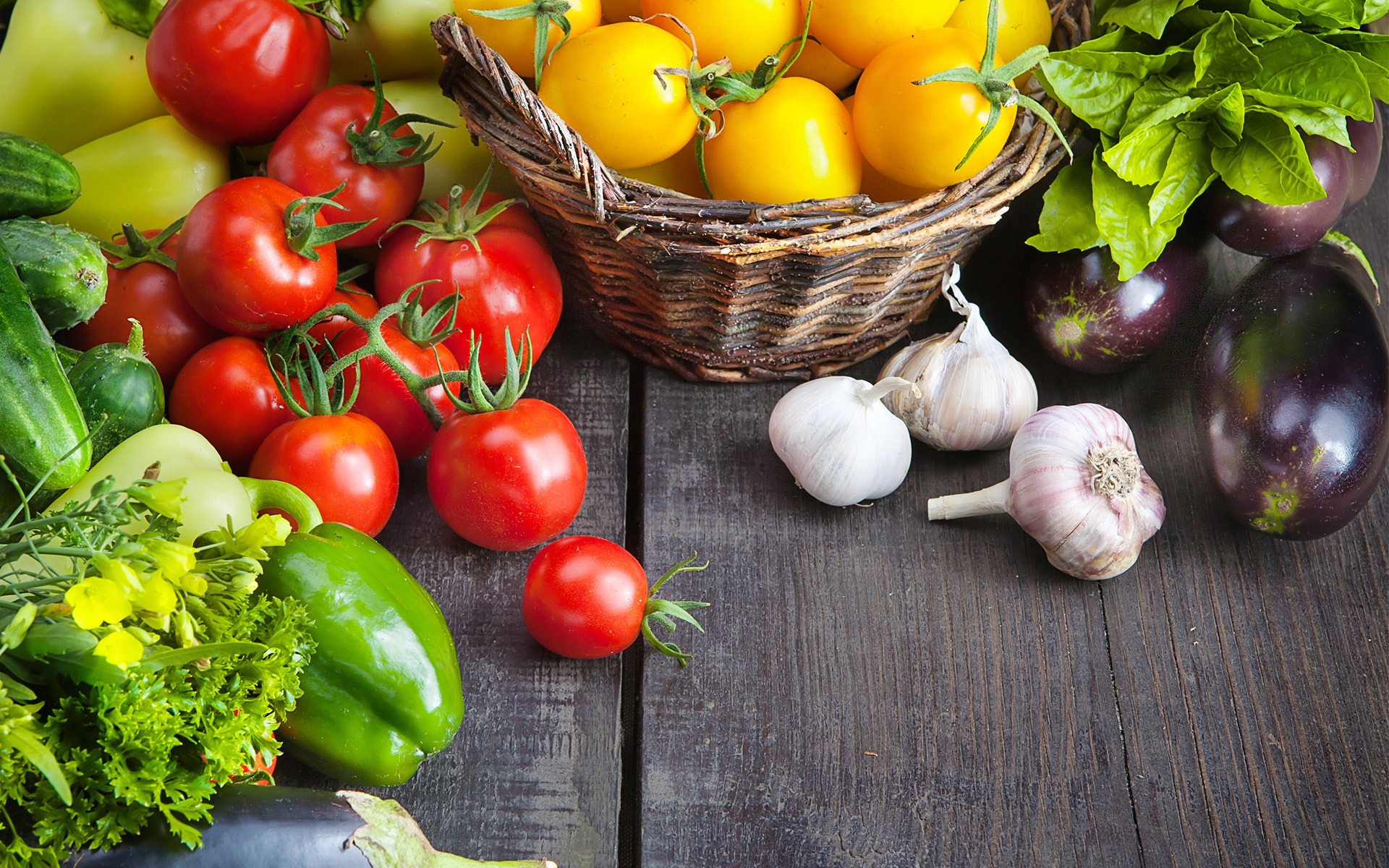We’ve had the same conversation many a class in many different forms:
- Is a Prius or an electric car better?
- Should you dry your hands with paper towels or with an electric dryer?
- Paper bags, plastic bags or reusable bags?
- Reusable water bottles or not?
- What is better, eating organic or eating local?
- Is eating organic actually better for the environment than eating non-organic foods?
All of these questions essentially address the same issue – how do you look at the entire value chain and production of a product to decide what is better for the environment? How do you weight the effects that are maximized or minimized in order to make the best decision for your beliefs? Should there be a universal understanding of which issues are most important to address or should those choices be largely personal (as they are now)?
UBC Professor Dr. Verena Seufert and her colleague Dr. Navin Ramankutty have come up with a very helpful breakdown of organic food production into the steps that influence and are influenced by our food chain. They look at the effects on the producer, the consumer and the environment.

In plebeian terms, here are some key takeaways that I understood from the article highlighting their research and from their paper:
- Organic farming leads to an increase in prices (obviously).
- Organic farming generally leads to decreased efficiency (from any given plot of land) due to smaller yields.
- Some but not all of the nutrient benefits boasted by organic farming actually have made a proven difference in anyone’s health.
- Organic farming is very good for maintaining nutrient quality of foods and decreasing the long term harmful effects of pesticides
- Consumers care more about whether certain products are organic: baby food, vegetables, fruits.
- The real benefit in organic foods may be a return to / better understanding of farming practices that lead to conversations and actions that help conserve agricultural land and preserve biodiversity.
Overall, the research seems to indicate a general positive effect coming from the consumption and production of organic foods but in my mind, the real benefit comes from an investment in the future.
Sources:
https://www.ubyssey.ca/science/organic-isnt-everything/


Great post! I agree that in the short term organic farms yield less crops and require more maintenance, but in the long term, treating our soil and plants without the use of pesticides provides a greater yield for the environment. I think certification labels will help with transitioning consumers to buy organically, and in time will redesign the agriculture industry.